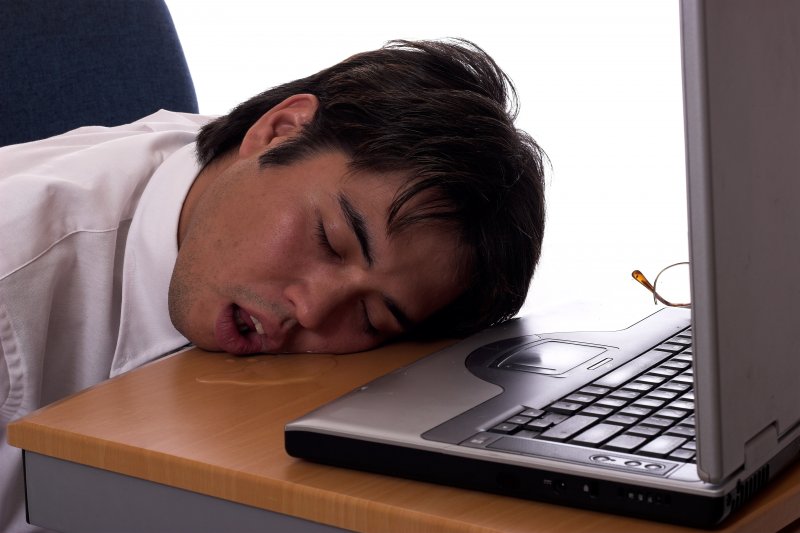You’ve been told that you snore loudly at night, but you haven’t thought much of it. There’s a chance that you could be suffering from sleep apnea, though. If so, it’s of the utmost importance to receive therapy. If you’re wondering why, then read on to learn what the disorder entails and the danger of not undergoing sleep apnea treatment in Dublin.
Sleep Apnea Explained
People who suffer from sleep apnea are forced to deal with sometimes up to a hundred lapses in their breathing in a single night. These pauses trigger alert messages to be sent throughout the nervous system that cause the person to wake-up repeatedly. As a result, they can be left feeling tired and groggy the next day.
The residual effects of sleep apnea don’t stop with just fatigue, though.
The Other Warning Signs of Sleep Apnea
Here are some of the common symptoms of sleep apnea that you may notice:
- Impotence
- Bedwetting
- Daytime fatigue
- Bouts of depression
- Morning headaches
- Frequent mood swings
- Morning throat soreness
If any of these warning signs become apparent, the worst thing you can do is to ignore them.
The Dangers of Not Treating Sleep Apnea
Sleep apnea doesn’t just affect your nightly rest. The oxygen restriction can also leave you susceptible to such life-threatening health conditions as stroke, obesity, heart disease, cardiac arrest, hypertension, diabetes and in some cases, it can also contribute to the development of Alzheimer’s disease.
Because all of these issues can possibly cause a fatality, it’s best to seek treatment at the first notice of any problems.
How Can Sleep Apnea be Treated?
Once you’re diagnosed with sleep apnea, you generally have one of three options that will be recommended:
- CPAP Machine – The CPAP machine is considered to be the “gold standard” for treating sleep apnea. It consists of a table-top unit, a tube and a mask that all work together to pump oxygen into your throat while you sleep.
- Oral Appliance – An alternative to the CPAP machine is a custom oral appliance, which fits comfortably into the mouth. It helps to keep the airway open by gently shifting the jaw forward.
- Combined Therapy – For more complex cases, your dentist may recommend combined therapy using the CPAP machine and an oral appliance.
If you suspect that you’re struggling with sleep apnea, then reach out to your local sleep dentist to schedule a visit. After answering some questions, you can get on the road to receiving the expert care you need to feel better and enjoy excellent overall health.
About the Author
Dr. Eric Buck earned his Doctor of Dental Surgery degree from The Ohio State University College of Dentistry. Throughout his career, he has taken a perfectionist approach to providing care, which is why he has maintained membership with the Spear Education Society, the Academy of General Dentistry and other professional organizations. Dr. Buck helps patients finally get the rest they need by treating sleep apnea at Distinctive Smiles of Dublin, and he can be reached for more information through his website.

